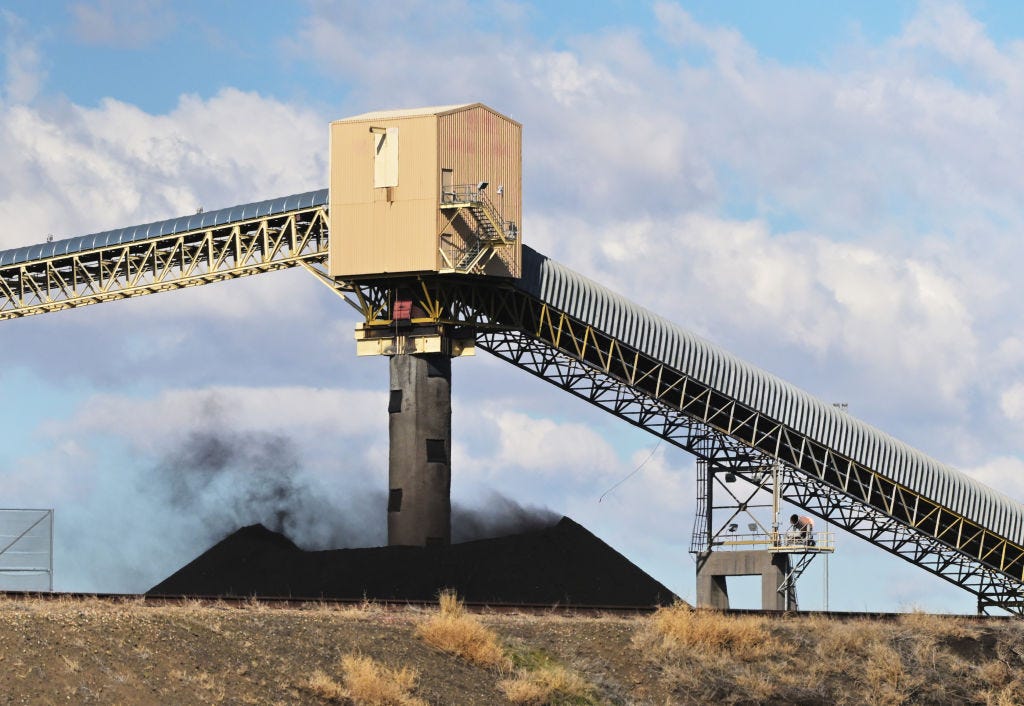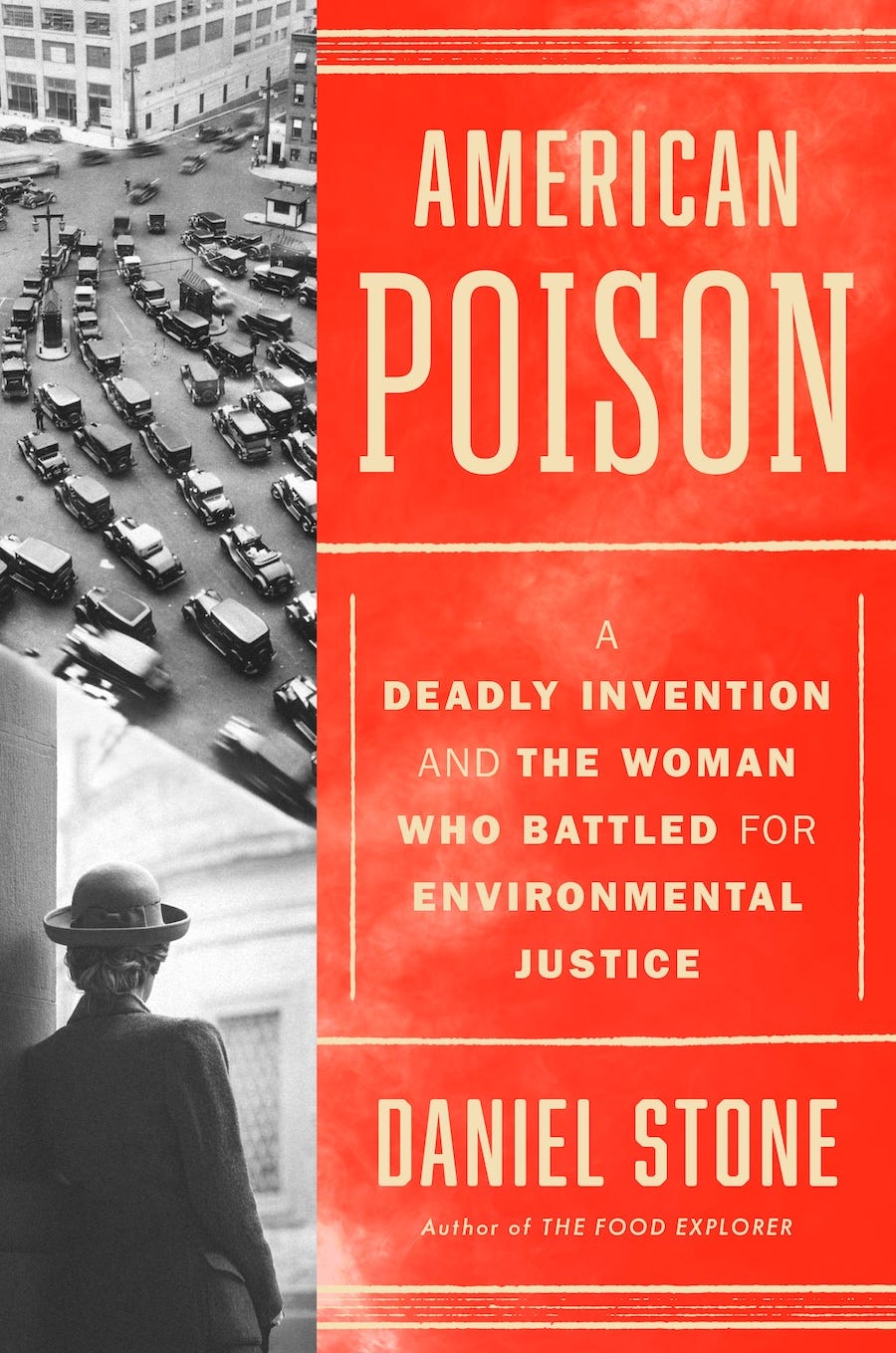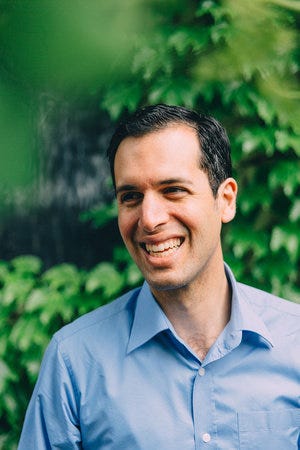How to build a better world, again
Author and environmental educator Daniel Stone on the beginnings of American public health, the end of regulation, and the ongoing battle for the environment
This week, the Trump regime — in the name of a supposed “national energy emergency” — is demanding the elimination of federal and state environmental protections and a return to coal, the latest salvo in a broad attack on the regulations that have kept our air breathable, our water drinkable, and our food safe to eat for more than a century. That’s all well and good for the A.I. industry (which demands all the energy now, in exchange for all the answers later), but for the rest of us, the question is why?
Money and power, of course, but the billionaire broligarchs seem to have forgotten that the basic safety we’ve come to enjoy isn’t a given, and didn’t happen by magic — public health was built on hard-won victories. It really is hard to know what you’ve got until it’s gone. It’s high time to look back at how those victories were won in the first place.
In a new book, American Poison: A Deadly Invention and the Woman Who Battled for Environmental Justice, environmental scientist and author Daniel Stone explores the battle for regulation through the lens of the century-long fight to remove lead from gasoline — and in the process explores how public health began and how American business elites built the reputation-laundering philanthropic machine that let them conceal their involvement in creating our biggest problems behind a facade of combatting other problems via charitable donations — familiar territory for anyone who’s read Winners Take All.
Stone tells the intertwined stories of Alice Hamilton, the crusading doctor who pioneered occupational health in the 1920s, the engineer Thomas Midgley, Jr., who developed leaded gasoline, Robert A. Kehoe, who defended Midgely’s innovations against Hamilton’s efforts, and Charles F. Kettering, the founder of Delco and research chief at General Motors, who put Midgley’s ideas into action — but is today remembered by most as the founder of Memorial Sloan Kettering Cancer Center.
We talked to Stone about the origins of public health and environmental regulation, the long battle between innovators and capital and regulators and the public, how American society continues — against all evidence — to privatize gains and socialize costs, and what people dedicated to building a safer world can and need to do as we come to the end of an era of environmental regulation.
Your latest book is about the fight over lead additives in gasoline a century ago, a key episode in the long drama of progress versus regulation that we’re still caught in. But the things it brings to mind are the current arguments over climate change and A.I., especially with the turn in Presidential administrations and the pendulum swinging back very much towards deregulation.
Well, this is a story from history, but it's also a parable of America, the whole American story. A company experimenting with its products in real time on innocent, oblivious people, and someone trying to fight against this massive tsunami of innovation and excitement to stop that. And that theme we see in every chapter of American history, and we especially see it today.
I mean, it's almost the same story with asbestos, cigarettes, and fossil fuels. We see it today with microplastics. We see it with industrial chemicals, PFAS, and we also see it with things like social media. 100 years from now, we’ll say, “Wow, we should have, you know, thought about that differently before we kind of wrecked the psyches of a generation of teenagers, or threatened the foundations of democracies with how people communicate, with this moving fast and breaking things.”
We don't ask every question. We don't test everything deeply, fully, before we unleash it, and in many cases, that means we pick up the pieces of unintended consequences decades in the future.
Capitalism has yielded immeasurable advances and improved the lives and lifestyles of people worldwide, but it has a dark side in that the incentives are to push, to innovate, to grow in almost any way at all costs, and the downside is that we don't often take a step back to ask what effect things will have in the long term. We think of the short-term considerations, mainly for shareholders of companies. Milton Friedman's famous line, that the social responsibility of a company is to make a profit, really underscores the weak points underpinning capitalism.
There's another thread in this story, about how the people responsible for making innovations have operated with a sense of shame or guilt. You write about what we would now call reputation laundering, and how one of the major players in the evolution of lead additives for gasoline was Charles Kettering, who most people now remember because of his association with Memorial Sloan Kettering Cancer Center.
But people don't remember Alice Hamilton at all. Maybe if you’re interested in the history of science, you do. But you talk about her memorial, obscured by trees and known mostly to songbirds.






